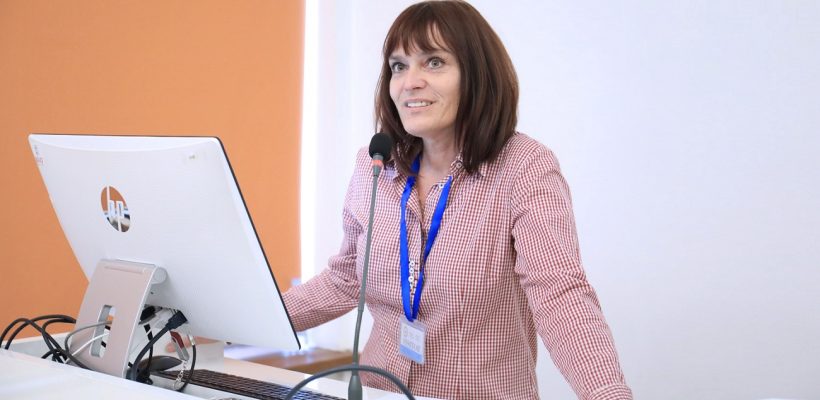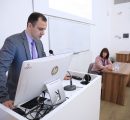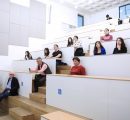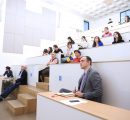
Austria’s Challenges to Become a Multiethnic and Multicultural State
< 1 min readYEREVAN, Armenia – On October 17, the American University of Armenia (AUA) Political Science and International Affairs (PSIA) program held a seminar on the topic The other Austrians: Austria’s challenges to become a multiethnic and multicultural state. The seminar was led by Dr. Jasmine Dum-Tragut, Associate Professor of Armenian Studies and General Linguistics and Director of the Center for the Study of the Christian East (ZECO) at Salzburg University in Austria.
The speaker presented the Austrian migration statistics contending that every fifth Austrian has a so-called migrant background, which converts to 15.8% of the resident population being foreign-born. As home to traditional minorities, Austria’s population is generally divided into “native Austrians” representing the majority, the traditional ethnic minorities, and new ethnic minorities representing migrants that have been naturalized or not yet.
Dr. Dum-Tragut drew a distinction between migrants of the first generation, who along with both parents are foreign-born, and migrants of the second generation, who were born in Austria but both parents are foreign-born. The speaker then explained that Austrian official statistics recognize the population not by ethnic origin, but by citizenship. Hence, after migrants are naturalized, there is no trace of their origin in official population statistics.
The presentation was followed by questions and answers during which the audience got a chance to learn more on the “other” Austrians. Dr. Dum-Tragut mentioned her own multi-ethnic background, nonetheless affirming that she is an Austrian.
The AUA PSIA program equips students with advanced analytical reasoning, critical thinking, and communication skills through the study of political science and international affairs, emphasizing local and global perspectives and practical applications of theory. The program aims to provide world-class research and teaching, through which graduates can best contribute to the development of the nation.





